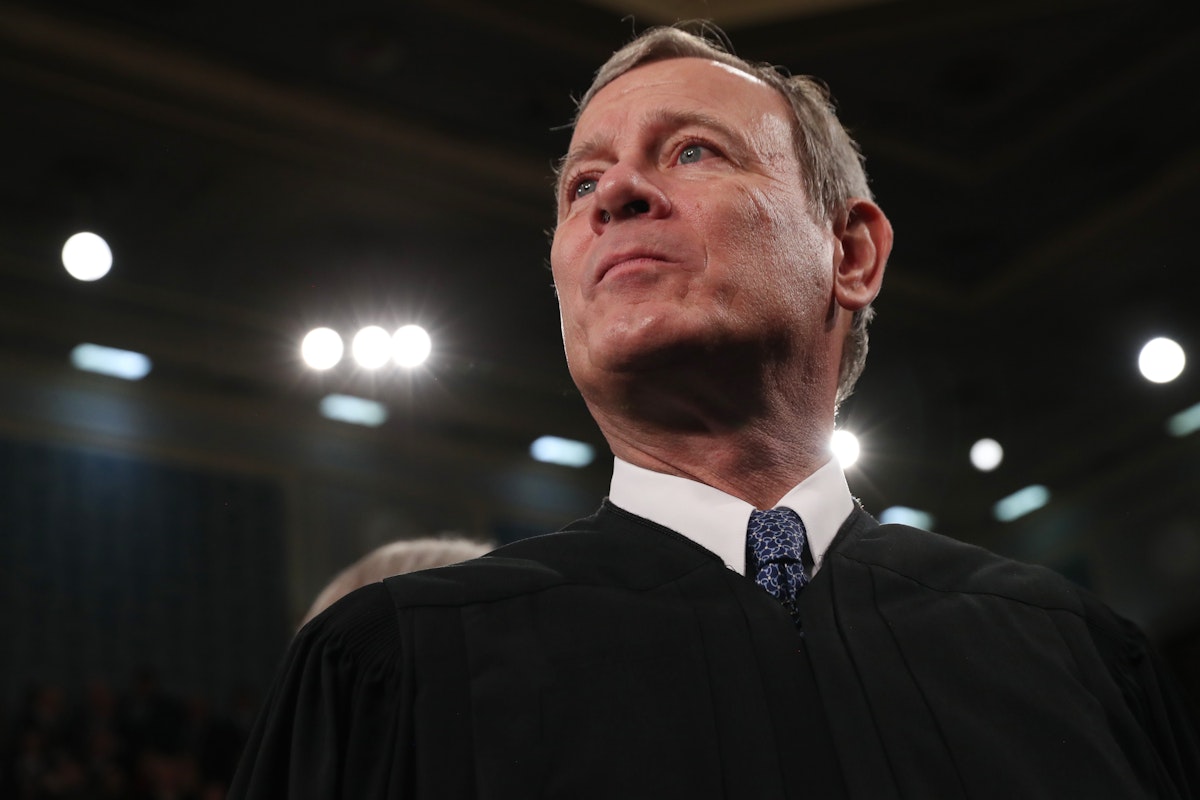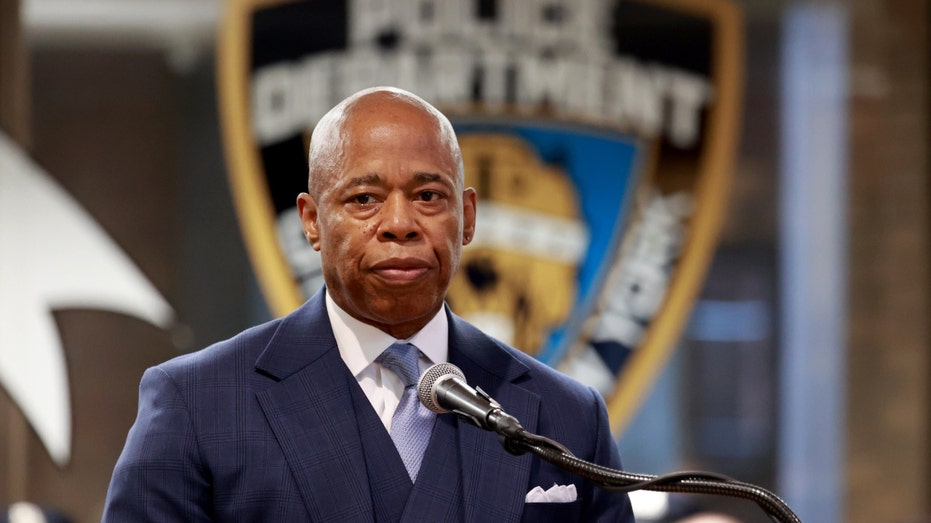The Disturbing Footnote in Supreme Court’s Trump Immunity Ruling
As a part of the U.S. Supreme Court’s ruling Monday on presidential immunity, the highest court in the land officially determined that a sitting president cannot be criminally prosecuted, promising an abrupt end to some of Donald Trump’s remaining criminal trials should he be elected in November.While the Department of Justice has long held that a sitting president cannot be criminally prosecuted, the Supreme Court has never explicitly ruled on the issue—until now. In one brief footnote of his majority opinion granting sweeping protections to the president, Chief Justice John Roberts reaffirmed the department’s rule. “Our decision in Clinton permitted claims alleging unofficial acts to proceed against the sitting President,” he wrote, referring to Clinton v. Jones, a civil suit brought against former President Bill Clinton over conduct from before he was president. “In the criminal context, however, the Justice Department ‘has long recognized’ that ‘the separation of powers precludes the criminal prosecution of a sitting President.’”The decision in Trump v. United States has gutted Jack Smith’s indictment alleging that the former president attempted to overturn the results of the 2020 presidential elections; it also makes clear that if Trump is elected, he won’t face justice for crimes committed out of office, either. If he makes it back into the White House, Trump will likely never face trial over allegations that he illegally kept a trove of classified documents and obstructed their return, a trial that has faced significant delays at the hands of a Trump-appointed judge, pushing its start date to well after the election. The Supreme Court decision further incentivizes Trump to do anything necessary to seize the presidency in November, so that he can evade prosecution for his alleged crimes. This significantly increases the vigor with which the former president will oppose the results of the democratic elections if he doesn’t come out victorious.

As a part of the U.S. Supreme Court’s ruling Monday on presidential immunity, the highest court in the land officially determined that a sitting president cannot be criminally prosecuted, promising an abrupt end to some of Donald Trump’s remaining criminal trials should he be elected in November.
While the Department of Justice has long held that a sitting president cannot be criminally prosecuted, the Supreme Court has never explicitly ruled on the issue—until now. In one brief footnote of his majority opinion granting sweeping protections to the president, Chief Justice John Roberts reaffirmed the department’s rule.
“Our decision in Clinton permitted claims alleging unofficial acts to proceed against the sitting President,” he wrote, referring to Clinton v. Jones, a civil suit brought against former President Bill Clinton over conduct from before he was president. “In the criminal context, however, the Justice Department ‘has long recognized’ that ‘the separation of powers precludes the criminal prosecution of a sitting President.’”
The decision in Trump v. United States has gutted Jack Smith’s indictment alleging that the former president attempted to overturn the results of the 2020 presidential elections; it also makes clear that if Trump is elected, he won’t face justice for crimes committed out of office, either.
If he makes it back into the White House, Trump will likely never face trial over allegations that he illegally kept a trove of classified documents and obstructed their return, a trial that has faced significant delays at the hands of a Trump-appointed judge, pushing its start date to well after the election.
The Supreme Court decision further incentivizes Trump to do anything necessary to seize the presidency in November, so that he can evade prosecution for his alleged crimes. This significantly increases the vigor with which the former president will oppose the results of the democratic elections if he doesn’t come out victorious.



